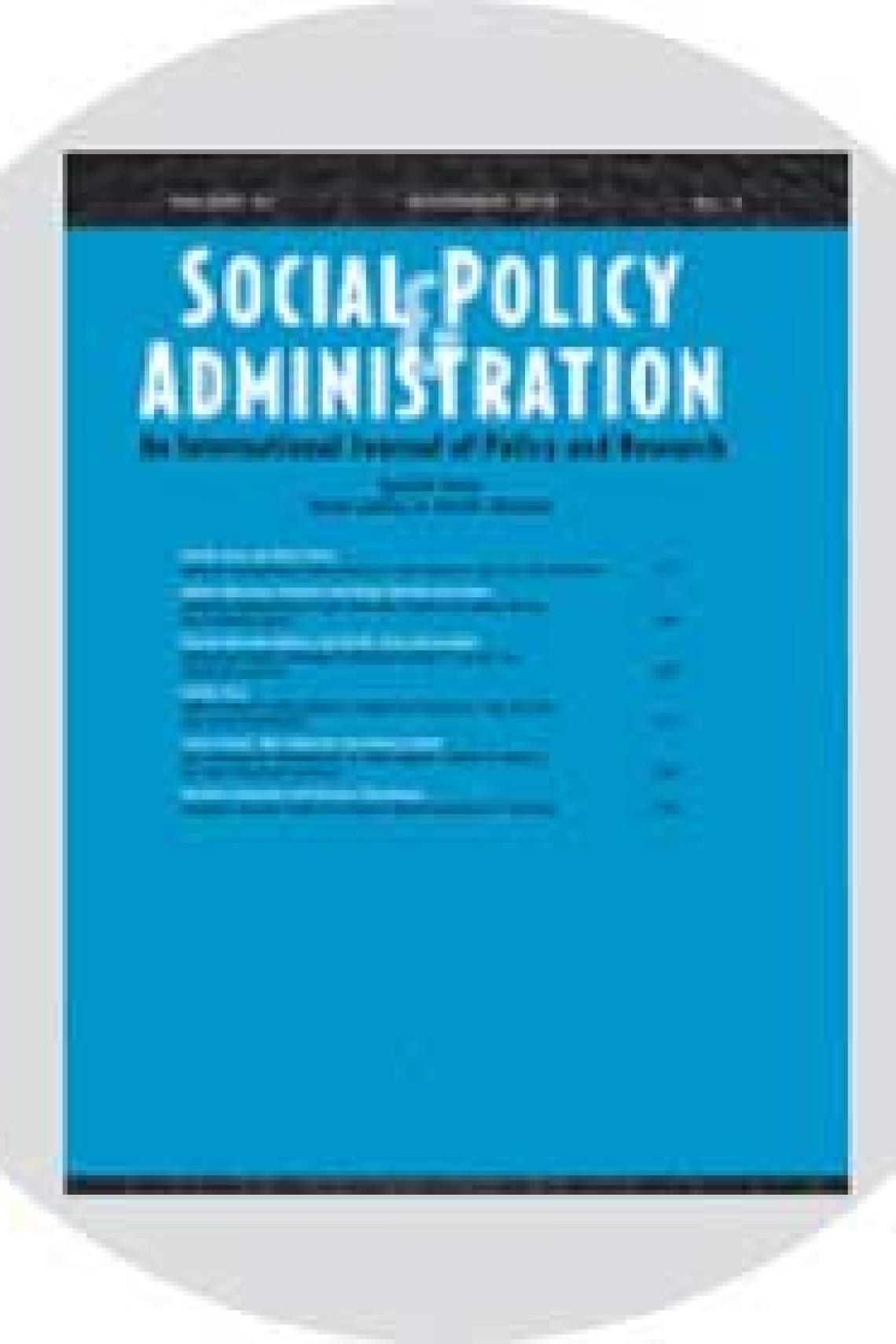New article co-authored by Diego Sánchez‐Ancochea explores segmentation in Latin America's social policy
A new article by Professor Diego Sánchez‐Ancochea and Juliana Martínez Franzoni of the University of Costa Rica analyses segmentation in Latin America's social policy and explores cross-national variation.
For all the agreement regarding the segmented character of Latin America's social policy, few studies define it clearly, let alone suggest exact ways to measure it.
This article provides a more precise definition based on a threefold policy output comprising coverage, generosity, and equity. Empirically, the article explores the cross‐national variation in segmentation in health care within Latin America in 2000 and 2013, before and after Latin America's economic boom. The article clusters countries, evaluates which ones improved their relative position during the 2000s, and determines the overall level of segmentation in the region.
Findings are twofold. First, we identify three clusters: countries that respectively do particularly well and poorly across policy dimensions in 2000 and 2013, and a smaller set of countries that improved significantly, particularly regarding coverage and generosity. Second, despite cross‐national differences, there are shared regional challenges – the risk of catastrophic expenditure being a case in point.
Our analysis demonstrates the need to move beyond coverage as a policy goal and pay more attention to gaps in generosity in every country. We also call for better indicators to measure performance beyond coverage across countries, and more studies that explain the similarities and differences between countries that improved considerably during the 2000s.
Juliana Martínez Franzoni and Diego Sánchez‐Ancochea (2018) 'Undoing segmentation? Latin American health care policy during the economic boom', Social Policy and Administration, DOI: 10.1111/spol.12434

